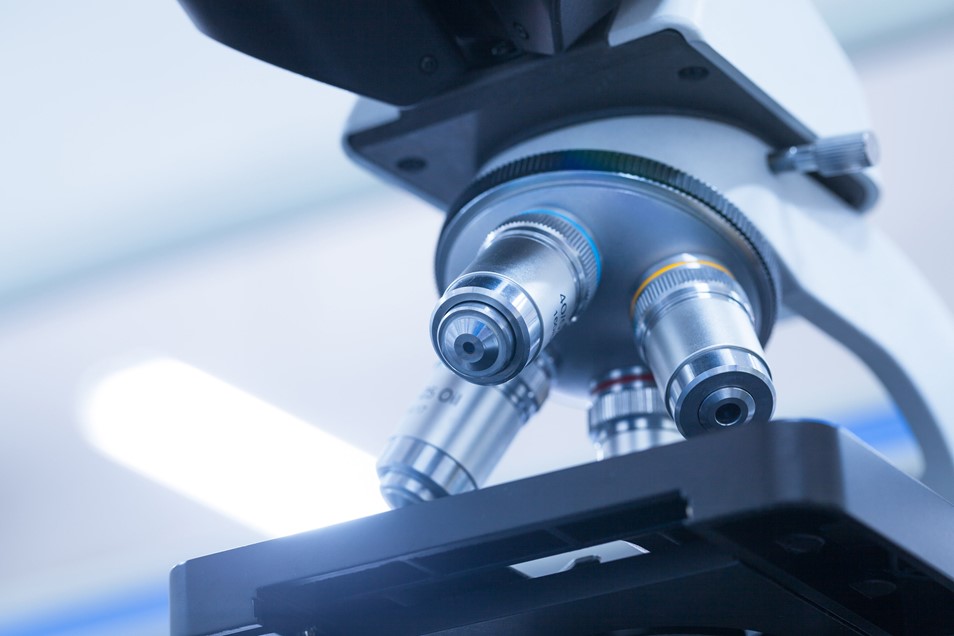
First clinical trial will investigate QEL-001 as a novel treatment to prevent organ rejection in liver transplant patients and eliminate the need for lifelong systemic immunosuppression
Quell Therapeutics Ltd ("Quell"), the world leader in developing engineered T-regulatory (Treg) cell therapies for serious medical conditions driven by the immune system, announces that its Clinical Trial Application (CTA) for the first clinical trial of its lead Treg cell therapy candidate QEL-001 has been approved by the UK Medicines and Healthcare products Regulatory Agency (MHRA). This approval paves the way for the first ever clinical trial of a multi-modular engineered CAR-Treg cell therapy and patient recruitment is expected to begin before the end of the year, with first patient dosed expected in Q1 2022.
QEL-001 is a first-in-class antigen-specific CAR-Treg cell therapy candidate designed using Quell's unique multi-modular engineered Treg platform and engineered with three proprietary modules: a chimeric antigen receptor (CAR) for tissue targeting, the Foxp3 phenotype lock module, and a safety switch. The QEL-001 CAR is specific for HLA-A2, which localizes the activity of the CAR-Tregs to the site of the transplanted organ in HLA-A2 mismatch liver transplant patients (i.e. HLA-A2 negative recipients who received an HLA-A2 positive donor liver).
Dr Dominik Hartl, Chief Medical Officer, said: "We are very pleased to receive approval to advance QEL-001 into clinical studies in this important and underserved indication. While liver transplant today is a life-saving procedure, recipients still face the prospect of lifelong systemic immunosuppression, which comes with significant risk of serious complications, including increased rates of certain malignancies and infections, diabetes, cardiovascular disease and irreparable kidney damage requiring dialysis and further transplant. As a result, the ten-year survival rate for liver transplant patients is poor and similar to that for common cancers.
"Our new clinical trial with QEL-001 is called 'LIBERATE' because our goal is to show that this novel engineered CAR-Treg candidate can establish and maintain immune tolerance to the transplanted organ, and to 'liberate' patients entirely from their immunosuppressive regimens to reduce the associated complications and economic burden on health care systems."
The Phase 1/2 clinical trial ('LIBERATE') will investigate the safety and efficacy of QEL-001, in approximately 18 HLA-A2 mismatched liver transplant patients at multiple clinical sites in the UK. The study is designed to wean patients fully off their immunosuppressive therapy after QEL-001 infusion, and to assess the induction and durability of operational tolerance (i.e. prevent a host vs graft immune response that could lead to organ rejection) by QEL-001 treatment. In addition, the study will provide the opportunity for deep translational learnings to monitor the localization, phenotype, persistence and function of the CAR-Tregs in the liver tissue and periphery, and to assess how they modulate the allo-immune response in liver transplant patients.
Iain McGill, CEO, added "This is a significant milestone for Quell as we take QEL-001 into our first clinical trial and also into the first ever clinical trial of a multi-modular engineered CAR-Treg cell therapy. The LIBERATE trial in liver transplant patients offers an ideal setting to investigate and provide proof-of-concept for our novel approach to engineering Tregs to deliver truly life-changing, effective and durable, and even potentially curative treatments for patients with serious immune diseases. We are very excited about what this trial with QEL-001 will show and what information it will yield to feedback into and enhance the development of our broader engineered Treg pipeline targeting transplantation, as well as serious neuroinflammatory and autoimmune diseases."
About Liver Transplantation
Approximately 15,000 patients receive new liver transplants in the US and EU5 each year and nearly one quarter of these individuals receives an HLA-A2 mismatched liver, i.e. one that does not match their own immunological profile and is therefore prone to a serious host vs graft immune response that leads to organ rejection.
The standard of care for liver transplant patients is to receive systemic immunosuppression for the rest of their lives. There have been no significant improvements in therapy options since the 1990s.
Current treatments, such as calcineurin inhibitors, cause significant non-liver comorbidities resulting in poor post-transplant survival with the 10-year survival outcome of liver transplant patients being around 60% and comparable to that of common malignancies, such as colon cancer, cancer of the uterus or Non-Hodgkin's lymphoma. Further, long-term immunosuppressive therapy is nephrotoxic, leading to progressive and irreparable kidney damage that eventually requires dialysis and transplant.
About Quell Therapeutics
Quell Therapeutics is the world leader in developing engineered T-regulatory (Treg) cell therapies that aim to harness, direct and optimize their immune suppressive properties to address serious medical conditions driven by the immune system.
The Company is leveraging its pioneering phenotype lock technology, unique multi-modular platform and integrated manufacturing capabilities to design and develop a pipeline of highly engineered Treg cell therapies with greater potential for persistence, potency and stability than earlier generations of Treg cell therapy approaches.
Quell's lead candidate QEL-001 is being developed to induce operational tolerance following liver transplantation, with the potential to protect the post-transplant liver without the need for chronic immunosuppressive medications. Quell is also advancing additional programs in neuroinflammatory and autoimmune diseases. www.quell-tx.com.